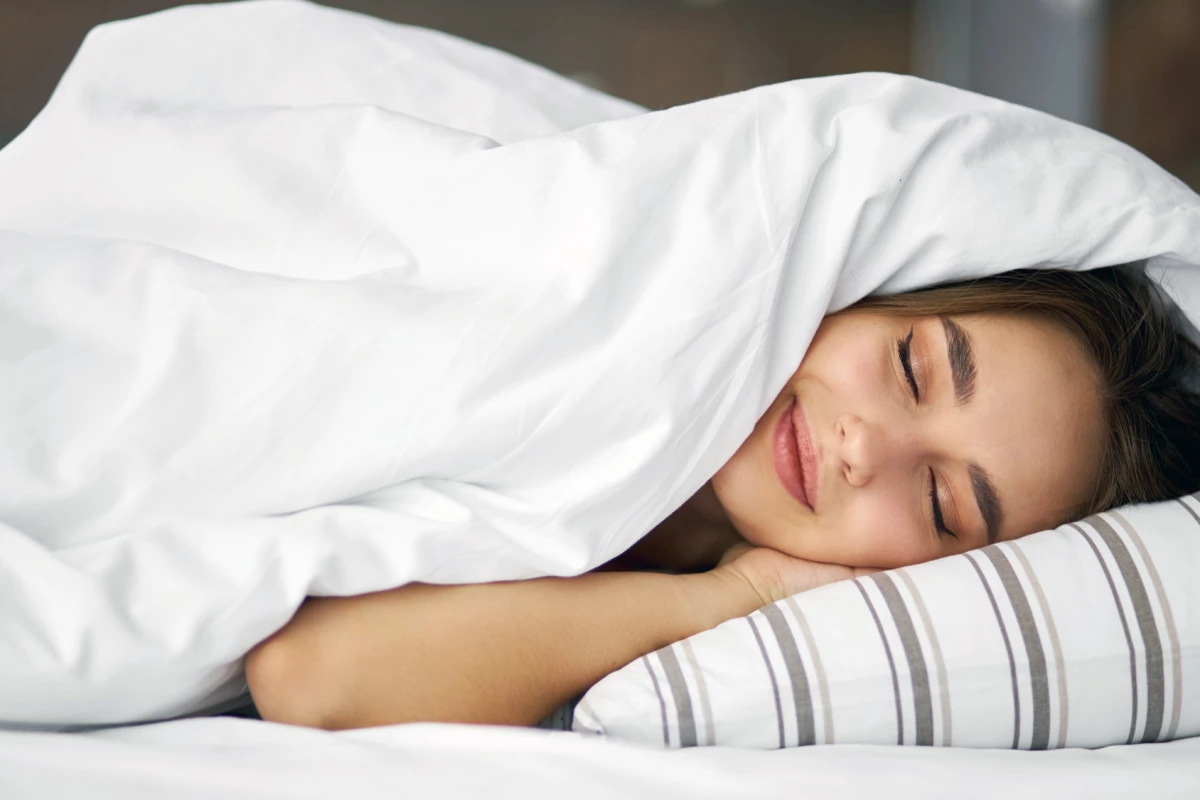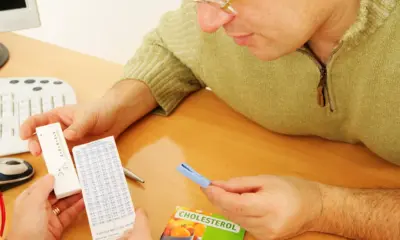Health
Study Challenges Bedtime Rules for Teen Sleep Quality

New research from the University of Otago in New Zealand reveals that traditional bedtime rules for teenagers—such as avoiding screens, snacks, and exercise before sleep—may be overly strict. The study indicates that despite frequently breaking these guidelines, most teenagers still maintain acceptable sleep quality.
The investigation focused on how the behaviors of older children and teens influence their sleep patterns. According to Chao Gu, the study’s lead author and a PhD candidate in the university’s Department of Medicine, “Sleep is incredibly important for teenagers to enable them to develop and function at their best, but so few studies have looked at pre-bed behavior and how it can impact rest using objective measures such as cameras.”
Research Methodology and Findings
The study evaluated the habits of 83 New Zealanders, aged between 11 and 15 years, over eight nights. Participants wore body cameras for four nights, while stationary cameras monitored their bedrooms. This setup allowed researchers to track moderate-to-vigorous physical activity, screen usage, and sleep metrics using wrist-worn accelerometers. Dietary intake was recorded through dietary recall, providing insight into food and drink consumption before bed.
Results showed that a staggering 99% of participants used screens before sleep, averaging around 32 minutes of screen time nightly. Despite this, screen use had no significant impact on overall sleep time or quality. However, it was noted that on nights when screens were used, children took approximately 23 minutes longer to fall asleep.
Physical activity before bed was less common, with only 22% of participants engaging in moderate-to-vigorous exercise in the hour leading up to sleep. Interestingly, those who did exercise managed to sleep about 34 minutes longer than on non-exercise nights, although this was not definitively linked to improved sleep quality.
Food consumption also played a role in the research. The study found that 63% of participants consumed snacks before bed, yet no notable correlation was established between eating—whether it involved caffeine, sugar, or fatty foods—and sleep outcomes.
Implications for Sleep Guidelines
Gu commented on the findings, stating, “Not many teenagers followed current sleep guidelines, but those who did experienced little difference in their sleep.” The research suggests that the prevailing sleep hygiene advice may need reevaluation. While the current guidelines emphasize strict avoidance of screens, snacks, and exercise, the results indicate these behaviors had minimal impact on sleep quality, apart from a slight delay in falling asleep due to screen use.
The study’s limitations include its reliance on a primarily socioeconomically advantaged sample and the nature of dietary recall, which could lead to inaccuracies. Additionally, the infrequent pre-bed exercise makes it challenging to draw definitive conclusions about its effects.
While the study does not establish direct cause-and-effect relationships, it highlights the need for a shift in focus from strict prohibitions to a more balanced approach. Researchers plan to conduct further studies involving participants aged 10 to 15 years to refine bedtime guidance for families seeking to optimize their children’s sleep.
The findings were published in the journal Pediatrics Open Science, contributing to a growing body of literature that questions established sleep hygiene practices for adolescents. As sleep remains a critical component of health and development in teenagers, ongoing research will be vital in shaping future recommendations.
-

 Technology5 months ago
Technology5 months agoDiscover the Top 10 Calorie Counting Apps of 2025
-

 Health2 months ago
Health2 months agoBella Hadid Shares Health Update After Treatment for Lyme Disease
-

 Health3 months ago
Health3 months agoErin Bates Shares Recovery Update Following Sepsis Complications
-

 Technology4 months ago
Technology4 months agoDiscover How to Reverse Image Search Using ChatGPT Effortlessly
-

 Technology1 month ago
Technology1 month agoDiscover 2025’s Top GPUs for Exceptional 4K Gaming Performance
-

 Technology2 months ago
Technology2 months agoElectric Moto Influencer Surronster Arrested in Tijuana
-

 Technology5 months ago
Technology5 months agoMeta Initiates $60B AI Data Center Expansion, Starting in Ohio
-

 Technology5 months ago
Technology5 months agoRecovering a Suspended TikTok Account: A Step-by-Step Guide
-

 Health4 months ago
Health4 months agoTested: Rab Firewall Mountain Jacket Survives Harsh Conditions
-

 Lifestyle5 months ago
Lifestyle5 months agoBelton Family Reunites After Daughter Survives Hill Country Floods
-

 Technology4 months ago
Technology4 months agoHarmonic Launches AI Chatbot App to Transform Mathematical Reasoning
-

 Technology3 months ago
Technology3 months agoUncovering the Top Five Most Challenging Motorcycles to Ride



















